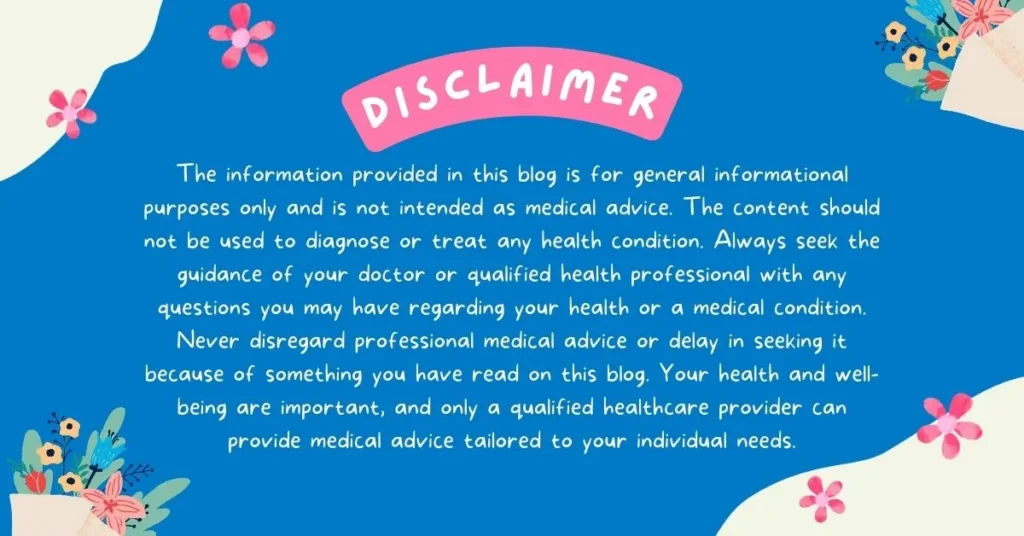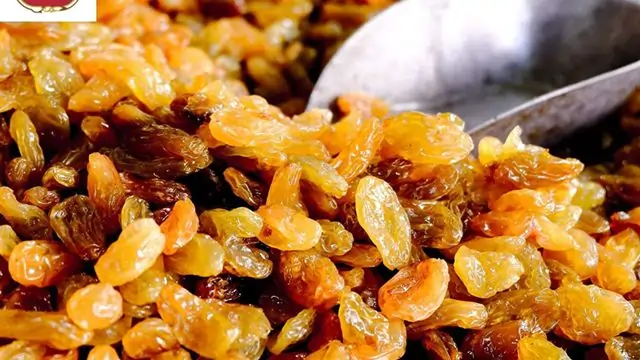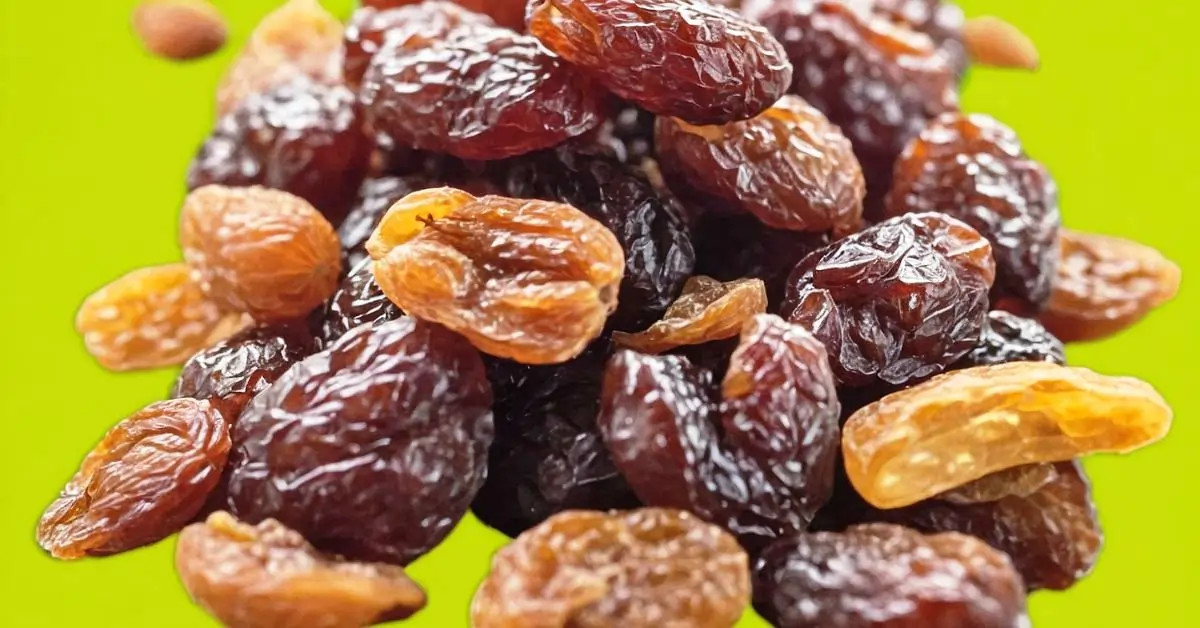Are Raisins A Good Snack For Diabetics
Diabetes is a condition that affects millions of people worldwide. Managing blood sugar levels is crucial for people with diabetes, and diet plays a critical role in achieving this goal. As a result, many people with diabetes wonder if they can include raisins in their diet. Can diabetics eat raisins? Raisins are a popular dried fruit that is often used as a snack or ingredient in various recipes. But with their high sugar content, are they safe for people with diabetes to consume?
In this blog post, we’ll explore the benefits and risks of eating raisins for diabetics and provide tips for incorporating them into a healthy and balanced diet. By the end of this post, you’ll have a better understanding of whether or not raisins are a suitable addition to your diet as a diabetic.
Diabetes is a condition where the body is unable to produce enough insulin or use insulin effectively. Insulin is a hormone that regulates blood sugar levels. High blood sugar levels can lead to serious health problems such as nerve damage, kidney disease, and cardiovascular disease. Proper management of diabetes involves maintaining healthy blood sugar levels through a combination of medication, physical activity, and diet.
Diet is especially crucial as certain foods can cause blood sugar levels to spike while others can help regulate them. A healthy diet for people with diabetes should be low in sugar and carbohydrates, high in fiber and nutrients, and balanced with healthy fats and proteins. This helps to reduce the risk of complications and improve overall health and well-being.

Can diabetics eat raisins?
As a popular dried fruit, raisins are often included in various recipes or consumed as a snack. However, they are also known to be high in sugar content, which raises questions about their safety for people with diabetes. This is because people with diabetes must be careful with their sugar intake to maintain healthy blood sugar levels. Raisins have several potential benefits such as being a good source of fiber and antioxidants, but they also have some risks such as increasing blood sugar levels. Therefore, it is important to understand the potential benefits and risks of eating raisins for people with diabetes before including them in their diet.
5 benefits and risks to consider
In this article, we will discuss the benefits and risks of eating raisins for people with diabetes. We will explore five potential benefits of consuming raisins, including their fiber content, antioxidants, potential digestive benefits, and more. However, we will also cover five potential risks of eating raisins, such as their high sugar content, ability to cause blood sugar spikes, and potential contribution to weight gain. By understanding both the benefits and risks of eating raisins, people with diabetes can make informed decisions about incorporating them into their diet.
Benefits to consider
Fiber content: Fiber is an essential nutrient that plays a crucial role in regulating blood sugar levels and improving digestion. Raisins are a good source of dietary fiber, with about 1.6 grams of fiber per 1 oz serving. This means that incorporating raisins into your diet can help slow down the absorption of sugar into the bloodstream and prevent blood sugar spikes. Additionally, fiber can help keep you feeling full for longer periods, which can aid in weight management. For people with diabetes, consuming foods high in fiber, like raisins, can be a helpful way to manage blood sugar levels and support overall health.
Antioxidant properties:Raisins are also known for their antioxidant properties, which can benefit people with diabetes in several ways. Antioxidants are compounds that protect cells from damage caused by free radicals, which are unstable molecules that can contribute to the development of chronic diseases like diabetes. Raisins contain several types of antioxidants, including phenolic acids, flavonoids, and carotenoids.
These antioxidants can help reduce inflammation in the body, which is a common issue in people with diabetes. Additionally, research suggests that consuming foods high in antioxidants, like raisins, may help reduce the risk of developing certain complications of diabetes, such as cardiovascular disease and nerve damage.
Reduced risk of heart disease: Heart disease is a common complication of diabetes and a leading cause of death among people with the condition. However, incorporating raisins into your diet may help reduce the risk of developing heart disease. Raisins are rich in potassium, which is an essential mineral that plays a key role in regulating blood pressure and supporting heart health. Additionally, research has shown that consuming raisins can help lower levels of LDL (“bad”) cholesterol in the blood, which is a major risk factor for heart disease.
Furthermore, the fiber content in raisins can also help improve cholesterol levels and reduce the risk of heart disease. By incorporating raisins into a balanced and healthy diet, people with diabetes can support their heart health and reduce the risk of developing complications associated with diabetes.
Improved bone health: Another potential benefit of eating raisins for people with diabetes is improved bone health. Raisins are a good source of several minerals, including calcium and boron, that are essential for maintaining strong and healthy bones. Calcium is the main mineral found in bones, while boron plays a role in helping the body absorb and use calcium effectively. Additionally, raisins contain other compounds that have been shown to support bone health, such as resveratrol, which has anti-inflammatory properties and may help prevent bone loss.
For people with diabetes, maintaining strong and healthy bones is important, as they may be at a higher risk of developing bone-related complications, such as osteoporosis. By incorporating raisins into a balanced and healthy diet, people with diabetes can support their bone health and reduce the risk of developing complications associated with diabetes.
Potential cancer-fighting properties: Research has suggested that raisins may have potential cancer-fighting properties, making them a potentially valuable addition to the diet of people with diabetes. Raisins contain several compounds that have been shown to have anti-cancer effects, including polyphenols and fiber. Polyphenols are antioxidants that have been linked to a reduced risk of certain types of cancer, such as breast, colon, and prostate cancer.
Additionally, the fiber content in raisins can help promote healthy digestion and prevent colon cancer. While more research is needed to fully understand the cancer-fighting properties of raisins, incorporating them into a balanced and healthy diet may offer some protective benefits for people with diabetes. It’s important to note, however, that while diet can play a role in reducing the risk of cancer, it’s not a substitute for other cancer prevention measures, such as regular screenings and avoiding risky behaviors such as smoking.
Risks to Consider
High sugar content: While raisins offer several potential health benefits for people with diabetes, it’s important to be aware of their high sugar content. Raisins are a concentrated source of natural sugar, which can cause blood sugar levels to spike rapidly. For this reason, it’s important for people with diabetes to consume raisins in moderation and to account for their carbohydrate and sugar content when planning meals and snacks.
It’s also worth noting that certain types of raisins, such as those coated in sugar or syrup, may contain even more sugar and should be avoided. As with any food, it’s important to balance the potential benefits and risks of consuming raisins and to incorporate them into a balanced and healthy diet in a way that works for individual needs and preferences.
Dental problems: Another potential risk associated with consuming raisins is dental problems. Raisins are sticky and high in sugar, which can promote the growth of harmful bacteria in the mouth and lead to tooth decay and gum disease. Additionally, the sticky texture of raisins can make them more likely to stick to teeth and increase the risk of damage to dental fillings or other dental work.
To minimize the risk of dental problems associated with consuming raisins, it’s important to practice good oral hygiene, including regular brushing and flossing, and to consume raisins in moderation as part of a balanced and healthy diet. Drinking plenty of water after eating raisins can also help to wash away any residual sugar and reduce the risk of dental problems.
High-calorie count: In addition to their high sugar content, raisins are also relatively high in calories compared to other types of fruit. One cup of raisins contains around 400 calories, which is roughly double the calorie count of one cup of most fresh fruits. This means that consuming too many raisins can lead to weight gain, which can in turn increase the risk of health problems such as diabetes, heart disease, and certain types of cancer.
To avoid consuming excess calories from raisins, it’s important to consume them in moderation and to balance their calorie content with other nutrient-dense foods such as vegetables, lean proteins, and whole grains. Additionally, people with diabetes or other health conditions that require careful management of calorie intake should be particularly cautious when consuming raisins and should consult with a healthcare provider or registered dietitian to determine an appropriate portion size.
Potential allergic reactions: Another potential risk associated with consuming raisins is the possibility of an allergic reaction. While rare, some people may be allergic to grapes or other components found in raisins, such as sulfites. Allergic reactions can range from mild symptoms such as itching and swelling to more severe symptoms such as difficulty breathing and anaphylaxis, a life-threatening allergic reaction.
If you experience any symptoms of an allergic reaction after consuming raisins, such as hives, swelling, or difficulty breathing, seek medical attention immediately. People with a known allergy to grapes or sulfites should avoid consuming raisins or any products that contain them to prevent an allergic reaction.
Contamination risks: In addition to the potential for allergic reactions, there is also a risk of contamination when it comes to consuming raisins. Raisins, like other dried fruits, are more susceptible to contamination by harmful bacteria, such as Salmonella or E. coli, due to their high sugar content and low water activity.
Contamination can occur during the drying or packaging process or as a result of improper storage or handling. To reduce the risk of contamination, it’s important to purchase raisins from a reputable source, store them in a cool, dry place, and practice good food safety habits when handling and preparing them.
This includes washing your hands before and after handling raisins, washing them thoroughly before consuming them, and avoiding cross-contamination with other foods. People with compromised immune systems or other health conditions that make them more susceptible to foodborne illness should be particularly cautious when consuming raisins and should consult with a healthcare provider or registered dietitian to determine the appropriate food safety precautions.
Diabetic-Friendly Ways to Include Raisins in Your Diet
Here are some tips and recipe ideas for incorporating raisins into a diabetic-friendly diet:
- Practice portion control: The key to incorporating raisins into a diabetic-friendly diet is to practice portion control. A serving size of raisins is typically around 1/4 cup, or about 1 small box. Be sure to measure out your serving size to avoid consuming too many raisins at once.
- Pair with protein: To help slow down the absorption of sugar into the bloodstream, it’s important to pair raisins with a source of protein. This could include adding raisins to a yogurt parfait, mixing them into a trail mix with nuts, or incorporating them into a chicken or tuna salad.
- Add to salads: Raisins can add a sweet and chewy texture to salads. Try adding them to a spinach or kale salad with some feta cheese, sliced almonds, and a balsamic vinaigrette.
- Use in baking: Raisins can be used as a natural sweetener in baked goods. Try adding them to oatmeal cookies or bran muffins for a fiber-rich and nutritious treat.
- Snack on the go: Raisins make a great on-the-go snack. Pack a small bag of raisins with some raw almonds or a hard-boiled egg for a balanced and satisfying snack that won’t cause blood sugar spikes.
By incorporating raisins into a balanced and diabetic-friendly diet, you can enjoy the many health benefits of this nutritious and delicious dried fruit. Just be sure to practice portion control and pair with a source of protein to help manage blood sugar levels.
Our Best Picks on Raisins
Sunbest Natural – Black Raisins

Sunbest Natural Black Raisins are a type of jumbo raisins that are perfect for on-the-go snacking. These raisins are seedless, making them an ideal choice for toppings, baking, and cooking. They come in a bulk package of 5 pounds and are non-GMO, vegan, and kosher certified, making them a healthy and guilt-free snack option. These raisins are also a great source of fiber, antioxidants, and other essential nutrients, making them a beneficial addition to any diet. With their natural sweetness and chewy texture, Sunbest Natural Black Raisins are a delicious and convenient way to satisfy your cravings while also boosting your health.
Dark Raisins Dried Raisins

Dark Raisins Dried Raisins by We Got Nuts is a premium kosher dried raisin product that comes in a 5-pound air-tight resealable bag. These natural, pure, and unsalted raisins have no sugar added and offer a gourmet savory flavor that is perfect for a variety of recipes. They are a great source of energy and nutrition, making them an excellent snack for people of all ages.
Golden Raisins 2 LB Bag

Spicy World’s Golden Raisins come in a 2 LB bag and are premium large seedless dried sultanas from South Africa. These raisins have no added sugar and are a tasty snack with a natural sweetness. They can also be used in various recipes, including baked goods and savory dishes. The air-tight packaging helps maintain freshness.
Blog Post Conclusion–Are Raisins A Good Snack For Diabetics
In conclusion, raisins can be a healthy addition to a diabetic-friendly diet when consumed in moderation and with awareness of their potential benefits and risks. As we have discussed, raisins offer several health benefits, including high fiber content, antioxidant properties, and potential cancer-fighting properties. However, they also come with some risks, such as high sugar content and potential dental problems. By incorporating raisins into a balanced and well-planned diet, people with diabetes can enjoy their nutritional benefits while minimizing their potential negative effects.
As always, it’s essential to consult with a healthcare professional or registered dietitian to develop a personalized nutrition plan that meets individual needs and goals.
References
Here is a list of sources used to gather information for the post:
- American Diabetes Association. (2021). What Can I Eat? Accessed from https://www.diabetes.org/nutrition/what-can-i-eat
- Franz, M. (2014). Carbohydrate counting and diabetes. Canadian Journal of Diabetes, 38(1), 12-15. doi: 10.1016/j.jcjd.2013.11.003
- Harvard Health Publishing. (2017). Health Benefits of Raisins. Accessed from https://www.health.harvard.edu/blog/health-benefits-of-raisins-2017060211823
- International Food Information Council Foundation. (2020). Fiber Fact Sheet. Accessed from https://foodinsight.org/nutrition-basics/dietary-fiber/fiber-fact-sheet/
- Joshi, S. R., & Parikh, R. M. (2017). India – Diabetes Capital of the World: A Perspective. Indian Journal of Endocrinology and Metabolism, 21(4), 437–440. doi: 10.4103/ijem.IJEM_175_17
- Mayo Clinic. (2021). Diabetes diet: Create your healthy-eating plan. Accessed from https://www.mayoclinic.org/diseases-conditions/diabetes/in-depth/diabetes-diet/art-20044295
- National Institute of Diabetes and Digestive and Kidney Diseases. (2020). Your Guide to Diabetes: Type 1 and Type 2. Accessed from https://www.niddk.nih.gov/health-information/diabetes/overview/what-is-diabetes
- United States Department of Agriculture. (2021). FoodData Central. Accessed from https://fdc.nal.usda.gov/
- University of Rochester Medical Center. (2021). Eating with Diabetes: Desserts and Sweets. Accessed from https://www.urmc.rochester.edu/encyclopedia/content.aspx?ContentTypeID=85&ContentID=P00496
These sources were carefully chosen to ensure the accuracy and reliability of the information presented in the blog post.
FAQ on Can Diabetics Eat Raisins
Can diabetics eat raisins as a snack?
Yes, in moderation
How many raisins can a diabetic eat in a day?
It depends on individual blood sugar levels and health goals, but a suggested serving size is around 1/4 cup.
Will raisins cause a spike in blood sugar levels for diabetics?
Eating too many raisins can cause a spike in blood sugar levels due to their high sugar content, so portion control is important.
Are there any potential risks for diabetics in eating raisins?
Yes, potential risks include dental problems, high calorie count, and contamination risks, so moderation and careful selection of brands is advised.
